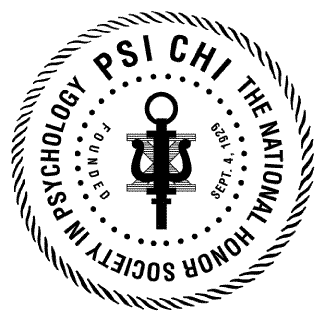Grief and Divorce: What’s Next?
- Chamberlin Law & Mediation

- Jul 9, 2020
- 3 min read
Updated: Jan 29, 2021
By Larry Chamberlin
It is important to understand that grief, like physical pain, has a real purpose. It lets you know that there is a problem that needs to be addressed. For example, if you break your arm the pain is great and immediate. You must take care of this injury quickly! However, your response to this pain signal is what really counts. If you wallow in suffering, focusing on the agony, you are not getting the care you need for the pain. Likewise, if you helplessly flop around you must depend on someone else to take charge of your needs and hope that they properly get the treatment you need. However, if you respond appropriately you will yourself seek out the treatment, first by dealing with the break yourself, perhaps wrapping it or getting a makeshift sling, and then having medical attention.
What you should notice here is that once the signal from the pain is received, the physical sensation of the pain is no longer needed; it is irrelevant and can be counterproductive. In fact, it can easily overwhelm you and deter you from the necessity of taking proper action. That is, the more one focuses on the anguish, the less likely one is to get the underlying problem dealt with. It may seem easy to say, to ignore the pain, but that is what purposeful people do all the time. In minor issues we all ignore the aches and pains involved in getting a job done, knowing the importance of accomplishing a task. The magnitude of pain may be greater in such a catastrophic injury as I described, but the principle is the same. You don’t focus on the sensation of the pain itself, but on the action needed to get the job done, in the case at hand, getting the broken bones set so they can heal.
Grief is mental pain. The agony of losing a long-term partner in divorce can be terrific. The grief serves a purpose, though: you are hurting because a piece of you is going away, ripped from your life and some sort of adjustment must be made to heal that break. Even if you are the person who began the divorce, this grief can be enormous. However, just as in dealing with physical pain, mental anguish cannot be allowed to so overwhelm you that you lose focus on the healing actions which must be taken. Broken arms require expert medical attention. Broken hearts are no less important. You may need counseling or at least a support group who will empower you to continue in the direction of making your life right again. Being around people who encourage your grief, who prompt your feelings of inadequacy or guilt, is like wallowing in the physical sensation of the broken arm. There is no chance of getting better in that direction.
Instead, gravitate to those friends and family who express concern for your future in positive and workable ways, who can commiserate without dwelling on the past, who offer more support for your determination than encourage you to cry out your frustrations.
Healing takes time, but getting into the right situation in your life not only promotes your healing but may even be a prerequisite for it. It could be that you need a job, or a better job, or education. You definitely need your own space in which you choose who can come and go. You must have or acquire knowledge of your financial status and needs. Solving these issues is like getting your broken bones set - the combination of a safe place to live, financial security and prospects for improvement will clear up your grief better than wishing for a return to a dismal past.
I recommend the following simple prescription. Focus on the end result of where you want to be when the divorce is over. Think of the steps you will need to get there and then ask yourself this question: What needs to be done next? Do whatever that step is and ask again: Now what needs to be done next? Focus on the goal, not the injury. Instead of living in the past, whatever caused the grief, you will begin making your new future.
© 09 July 2020 Larry Chamberlin, Chamberlin Law & Mediation





Comments